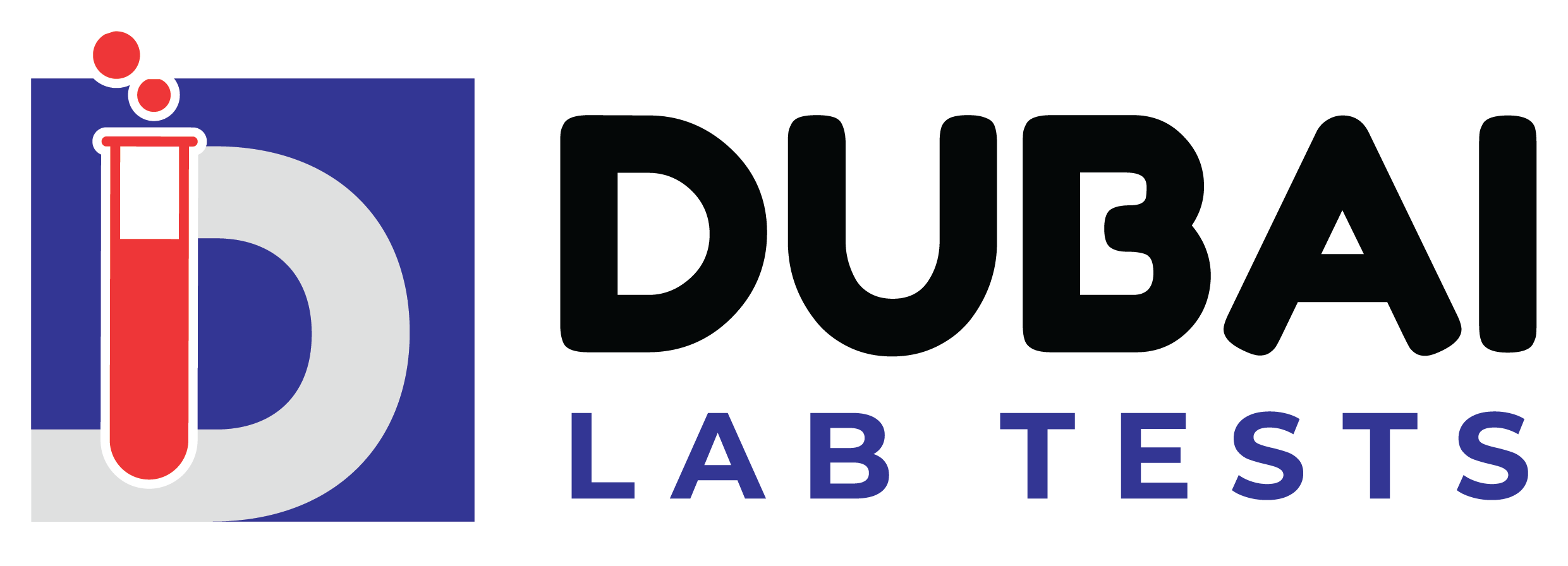Drugs of Abuse Screen
د.إ750.00
Tat: 1-3 Days
Parameters (12)
Amphetamine
Barbiturates
Benzodiazepine
Cocaine Screen
Methamphetamine
Methadone
Morphine
Phencyclidine
Marijuana
Tricyclic Antidepressants
Tramadol
Opiate
Description
Comprehensive Drug Screening Panel – 12-Parameter Urine Test for Substance Detection
Why You Need This Test
The Comprehensive Drug Screening Panel is an advanced diagnostic test designed to detect the presence of commonly abused prescription and illicit drugs in the system. This test is widely used for workplace drug testing, pre-employment screening, legal and forensic cases, addiction treatment programs, and personal health monitoring.
By measuring 12 key drug parameters, this test provides an accurate and reliable assessment of recent drug use. It is essential for individuals who need to comply with occupational, legal, or medical requirements or those seeking to monitor drug exposure for health and safety reasons.
This screening panel detects the presence of:
- Amphetamine – Commonly found in stimulant medications and illicit drugs like speed
- Barbiturates – Used as sedatives or sleep aids, with a high risk of dependency
- Benzodiazepines – Prescription tranquilizers such as Valium, Xanax, and Ativan
- Cocaine Screen – Detects recent cocaine use
- Methamphetamine – A potent central nervous system stimulant
- Methadone – A synthetic opioid used for pain relief and addiction treatment
- Morphine – A powerful opioid painkiller
- Phencyclidine (PCP) – A hallucinogenic drug with dissociative effects
- Marijuana (THC) – The active compound in cannabis, detectable in urine after use
- Tricyclic Antidepressants (TCAs) – A class of medications used for depression treatment
- Tramadol – A prescription painkiller with opioid-like properties
- Opiates – Includes a broad category of opioid drugs that can be misused
Symptoms That Indicate This Test
This test may be necessary if there are concerns regarding:
- Workplace drug policy compliance
- Legal or forensic testing requirements
- Unexplained behavioral changes, such as mood swings or aggression
- Signs of substance misuse, including confusion, dizziness, or excessive drowsiness
- History of substance abuse or addiction recovery monitoring
- Random drug testing for safety-sensitive occupations
- Pre-employment screening for jobs requiring alertness and responsibility
If you or a loved one are experiencing these symptoms, early detection through a drug test can help in seeking medical advice, rehabilitation, or legal support.
How the Body Processes These Substances
Drugs enter the bloodstream and are metabolized by the liver and kidneys before being excreted in urine. Each substance has a different detection window, depending on factors such as dosage, frequency of use, metabolism, and hydration levels.
- Amphetamines and Cocaine are usually detectable within 1-3 days of use
- Marijuana (THC) can remain in the system for several days to weeks, depending on frequency of use
- Benzodiazepines, Barbiturates, and Tricyclic Antidepressants have longer half-lives, making them detectable for several days
- Opiates, Morphine, and Tramadol vary in detection time, with traces found in urine for up to 3 days
- Methamphetamine and PCP can stay in the body for up to a week with chronic use
Understanding how these substances are metabolized is crucial for accurate interpretation of results and timing of the test.
What Happens If Substance Use Goes Undetected?
Undiagnosed or undisclosed drug use can lead to serious consequences, such as:
- Workplace accidents and legal consequences due to impaired judgment
- Health deterioration, including liver, kidney, or cardiovascular complications
- Addiction and dependency, leading to withdrawal symptoms and mental health issues
- Legal penalties, including suspension from employment or court-mandated interventions
- Increased risk of overdose, particularly with opioids and prescription sedatives
For employers, medical professionals, or individuals undergoing substance monitoring, this test provides essential insights into drug exposure and potential abuse.
How to Prepare for the Test
To ensure the most accurate results, follow these guidelines:
- Avoid excessive fluid intake before the test, as dilution may affect results
- Inform the healthcare provider about any prescription medications, as some legal drugs can trigger positive results
- Do not consume any substances that may interfere with test accuracy, such as herbal supplements or detox drinks
- Follow any specific guidelines from the testing facility regarding sample collection
The Comprehensive Drug Screening Panel is an essential tool for ensuring safety, compliance, and health monitoring in workplaces, legal cases, and rehabilitation programs. By providing a detailed analysis of 12 key drug parameters, this test supports informed decision-making for individuals, employers, and medical professionals.



Reviews
There are no reviews yet.